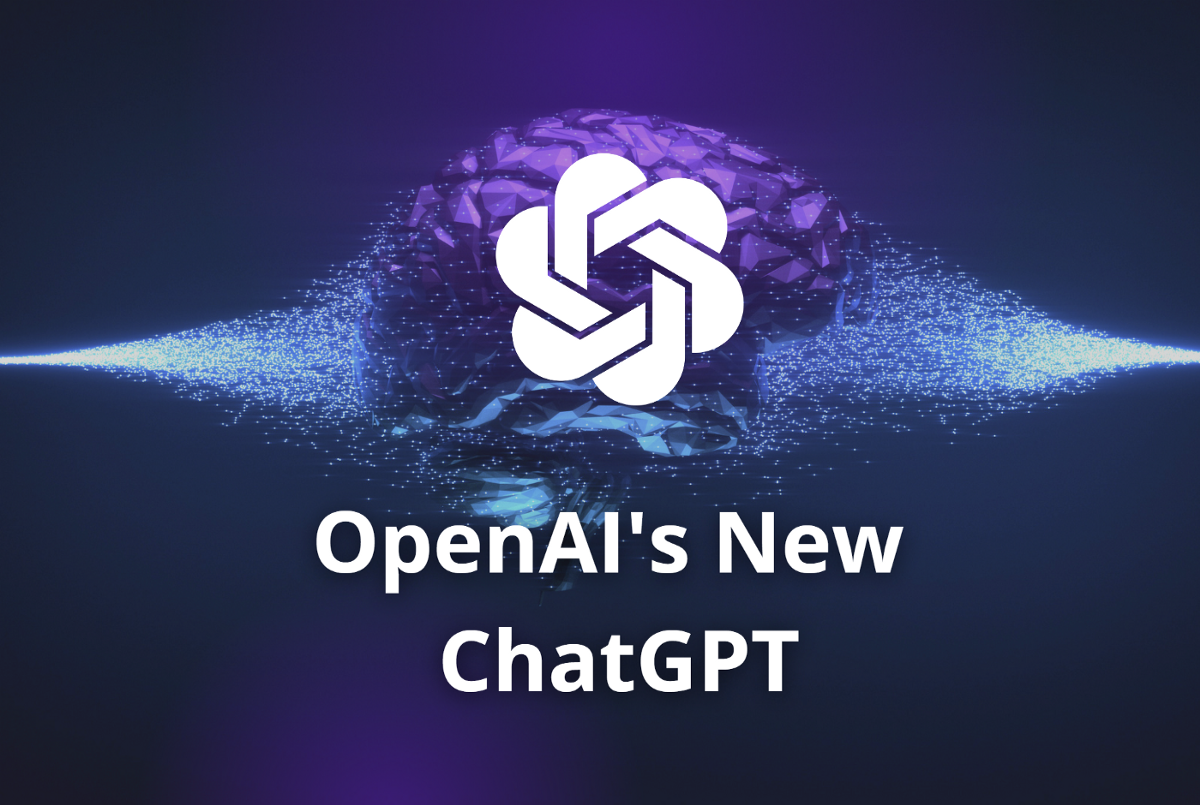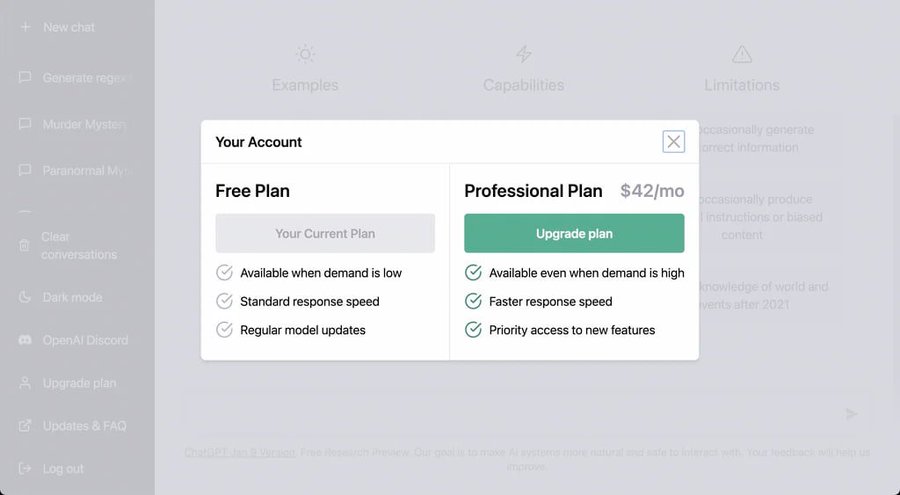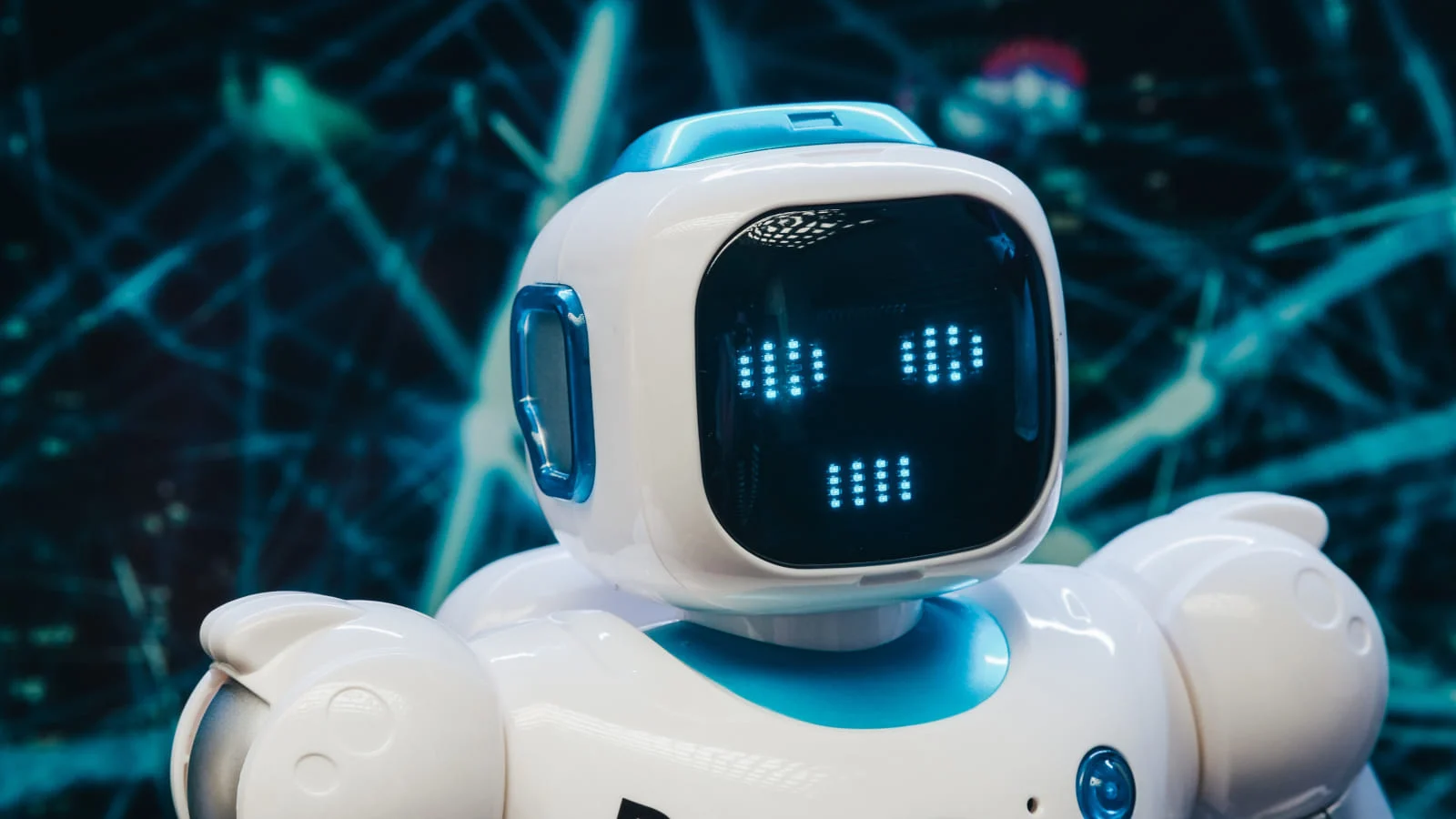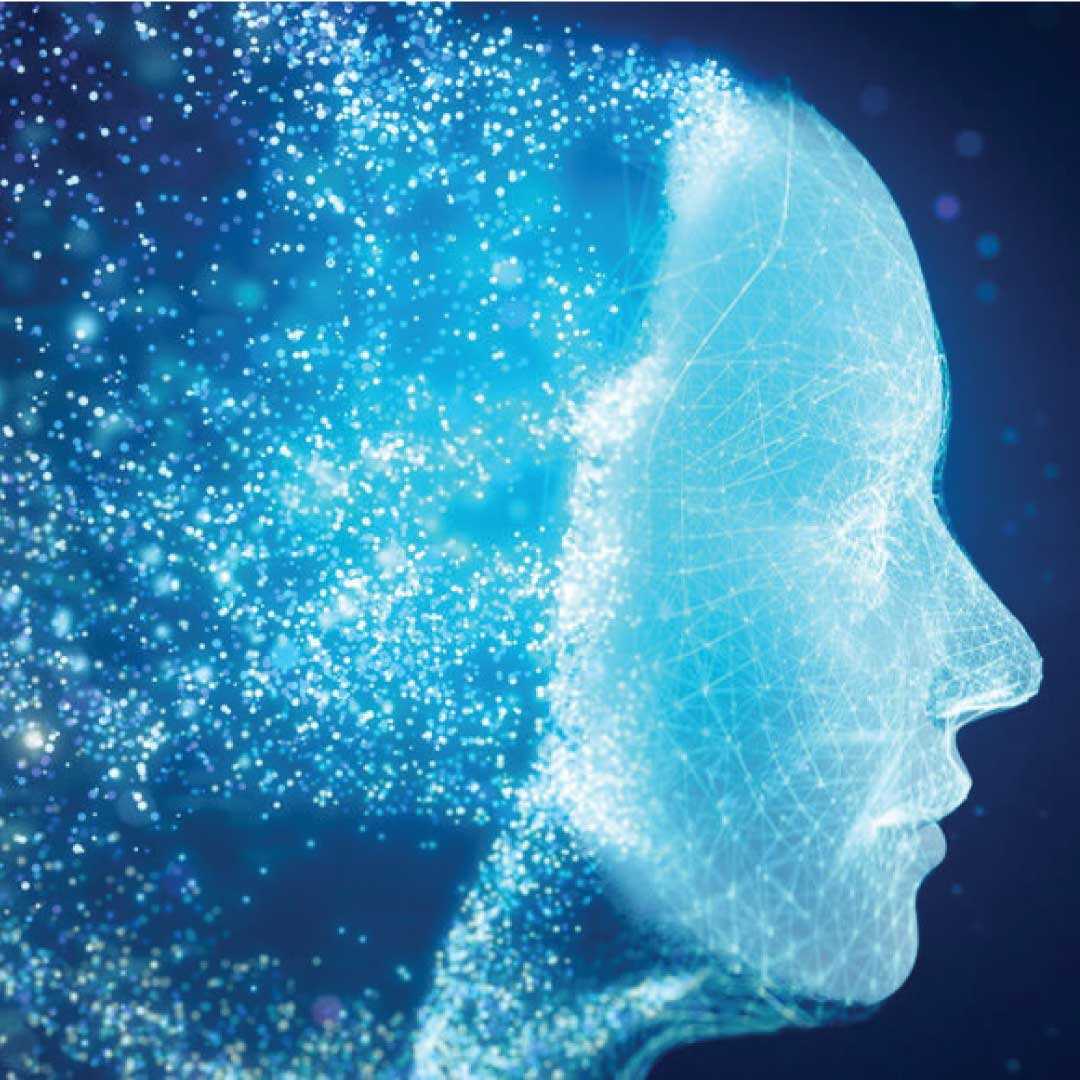Spotify has taken action against artificial intelligence (AI) music with unauthorised streams.
More specifically, the company is targeting tracks that were created by Boomy, an application that employs AI to construct whole songs.
In a statement to Music Business Worldwide, the firm stressed its commitment to eliminating artificial streaming and protecting royalty payouts for legitimate artists. Additionally.
Spotify has claimed that “artificial streaming is an ongoing problem that affects the entire industry and we are working to eliminate it across all of our services.” When we discover or are made aware of suspected instances of stream manipulation, we take steps to lessen the negative effects of these incidents by taking actions such as removing streaming numbers and withholding royalties, as appropriate.
This enables us to safeguard the royalties paid out to artists who have been truthful and diligent.
There is no evidence to suggest that Boomy was involved in the production of phoney broadcasts; however, the company has made it quite clear that they are opposed to any type of manipulation or fraudulent streaming.
The distribution of Boomy artist content on the Spotify platform has been temporarily suspended while the company works actively with its industry partners to find a solution to this problem and restore it.
Read also: How Spotify, Apple Music work in Nigeria
Contributions On The Expansion
Timbaland, a prominent music producer, recently contributed to the expansion of the ongoing discussion surrounding artificial intelligence-generated music by posting on his social media accounts a song that he had produced using AI-generated vocals of the late Notorious B.I.G.
Although, it would have to be done through the use of AI technology, he couldn’t hide his excitement over finally getting the chance to collaborate with Biggie.
Major participants in the music industry, such as Universal Music, have questioned whose side of history monetarily supported platforms that broadcast content generated by AI wish to be on.
This scrutiny has been directed towards platforms that stream AI-generated content. The voices of well-known musicians, including The Notorious B.I.G., Drake, Michael Jackson, Kanye West, and The Weekend have been used in AI-generated songs that have achieved widespread popularity.
It is very evident that Spotify intends to address the problem of artificial streaming by virtue of the fact that it has removed AI-generated tracks with bogus streams from its site.
Because of Spotify’s crackdown, at least six of Boomy’s songs have been removed from two different playlists. Boomy is an AI-based programme that is responsible for creating over 14.5 million tracks, which is about 13.9% of the world’s recorded music.
The ongoing fight against illegal streaming services has two main goals: one is to protect the incomes of genuine musicians who put in a lot of effort, and the other is to maintain the honour of the music industry.







